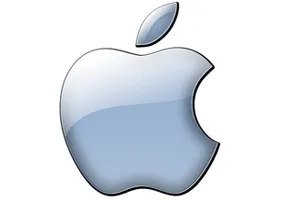 Last week, Apple Inc. filed a motion to dismiss the class action lawsuit accusing the company of forcing customers to use cellular plans through AT&T Mobility LLC.
Last week, Apple Inc. filed a motion to dismiss the class action lawsuit accusing the company of forcing customers to use cellular plans through AT&T Mobility LLC.
Lead plaintiffs Zack Ward and Thomas Buchar alleged in their 2012 class action lawsuit that computer giant Apple monopolized the cell phone market by locking consumers into a contract with AT&T Network and installing software that prevented iPhone owners from switching to another carrier. The plaintiffs further alleged that in the mid-2000s Apple entered into a secret five-year contract with AT&T Mobility that established AT&T as the exclusive provider of cell phone voice and data services for iPhone customers through 2012.
Last week, Apple denied the claims arguing that the antitrust class action lawsuit failed to show any kind of “aftermarket” monopoly. According to the motion, the Apple monopoly class action lawsuit does not consider that voice and data services were provided by other cellular phone providers during the time in question.
Apple further argued in its motion to dismiss the class action lawsuit that iPhone customers should have been and were well-informed that they would be required to use AT&T at the time of purchase. Apple contended in its motion that according to a 1992 ruling from the Supreme Court, claims of after-market monopoly cannot be made because the lock-in began when the iPhones were purchased.
“It is clear that [AT&T Mobile (ATTM)] competes in a general market for the sale of cellular voice and data services and against its well-known rivals Verizon, Sprint, and T-Mobile (plus smaller regional carriers),” Apple pointed out in its motion. “ATTM is thus not a monopolist; no [Sherman Act] Section 2 claim is cognizable; and Apple is entitled to dismissal. In point of fact, this case is that simple. Everyone knows that ATTM is not a monopolist in cellular voice and data services. Efforts to use legal doctrine to come to a conclusion that is obviously wrong should be viewed in that light.”
According to the motion filed by Apple, aftermarket monopoly claims cannot be brought for limits place before or at the time of purchase; they can only be brought where there was interference with the market after purchase.
“Plaintiffs urge a radical expansion of the Kodak doctrine,” contended Apple in its motion. “They allege that since Apple and ATTM did not divulge the precise length of their exclusivity agreement, and consumers did not agree contractually to use ATTM voice and data services for the entire period of that exclusivity agreement, an aftermarket was created as a matter of law.”
“This is a complete distortion of the Kodak doctrine — and of the Ninth Circuit’s opinion in Newcal Industries, Inc. v. Ikon Office Solution,” argued Apple.
Apple tried to dismiss the class action lawsuit earlier, by arguing that AT&T should have been named as a defendant. The case was dismissed by the district court judge, but reinstated by the Ninth Circuit because the district court judge had failed to account for whether AT&T had an interest in the litigation that couldn’t be addressed through Apple’s presence.
The plaintiffs are represented by Francis M. Gregorek, Rachele R. Rickert, Mark C. Rifkin, Alexander H. Schmidt and Michael Liskow of Wolf Haldenstein Adler Freeman & Herz LLP.
The Apple Antitrust Class Action Lawsuit is Zack Ward, et al. v. Apple Inc., Case No. 12-cv-5404 JCS, in the U.S. District Court for the Northern District of California, San Francisco.
UPDATE: On Feb. 2, 2016, Apple Inc. asked the court for summary judgment of the class action lawsuit alleging that Apple violated antitrust laws with its original agreement to exclusively allow iPhones only on AT&T’s cellular network.
UPDATE 2: On Feb. 16, 2016, the plaintiffs pushed back against Apple’s motion to end the antitrust class action lawsuit, arguing that Apple’s exclusive deal with AT&T to provide iPhone network services created a type of “aftermarket monopoly” previously declared illegal by U.S. courts.
UPDATE 3: On Mar. 24, 2016, Apple tried again to end a proposed class action by arguing in a hearing that the sale of the phones and the sale of the service plans for the phones were conducted as part of a single transaction by consumers, so no aftermarket existed.
UPDATE 4: On Nov. 25, 2016, Apple urged a judge to reject a “meritless and tardy” brief filed by plaintiffs in a class action lawsuit accusing the tech giant of engaging in an antitrust conspiracy with AT&T Mobility to prevent iPhone owners from switching to a different wireless carrier.
UPDATE 5: On March 22, 2017, a federal judge ruled that this Apple antitrust class action lawsuit will continue after one narrow legal theory just managed to slip past the defendant’s motion for summary judgment.
UPDATE 6: On Feb. 16, 2018, a California federal judge denied certification to a class action lawsuit alleging an exclusivity agreement between Apple and AT&T locked iPhone users into using AT&T’s voice and data service even after their agreements with the wireless provider expired or were otherwise terminated.
ATTORNEY ADVERTISING
Top Class Actions is a Proud Member of the American Bar Association
LEGAL INFORMATION IS NOT LEGAL ADVICE
Top Class Actions Legal Statement
©2008 – 2026 Top Class Actions® LLC
Various Trademarks held by their respective owners
This website is not intended for viewing or usage by European Union citizens.



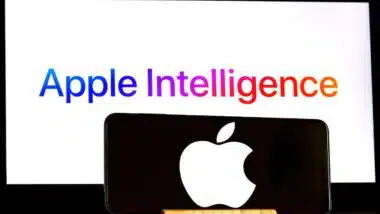
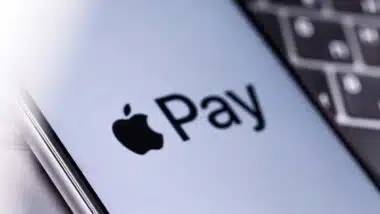

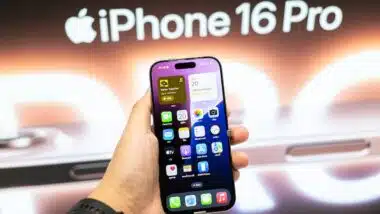
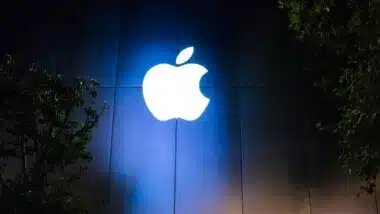

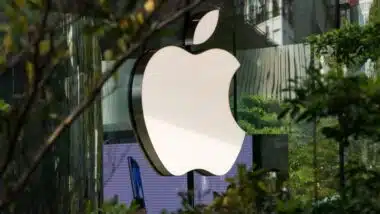
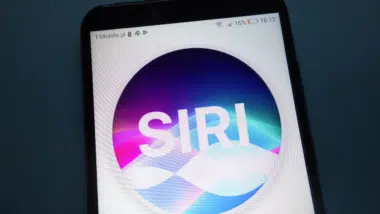

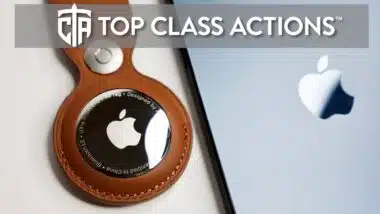

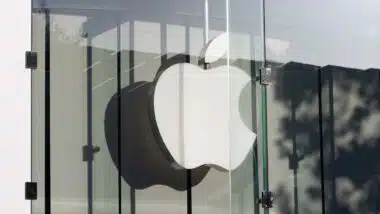
6 thoughts onApple Wants Antitrust Class Action Lawsuit Dismissed
UPDATE 5: On March 22, 2017, a federal judge ruled that this Apple antitrust class action lawsuit will continue after one narrow legal theory just managed to slip past the defendant’s motion for summary judgment.
My iphn is still jailbroken there is a Mac mini on here
UPDATE 4: On Nov. 25, 2016, Apple urged a judge to reject a “meritless and tardy” brief filed by plaintiffs in a class action lawsuit accusing the tech giant of engaging in an antitrust conspiracy with AT&T Mobility to prevent iPhone owners from switching to a different wireless carrier.
UPDATE 3: On Mar. 24, 2016, Apple tried again to end a proposed class action by arguing in a hearing that the sale of the phones and the sale of the service plans for the phones were conducted as part of a single transaction by consumers, so no aftermarket existed.
UPDATE 2: On Feb. 16, 2016, the plaintiffs pushed back against Apple’s motion to end the antitrust class action lawsuit, arguing that Apple’s exclusive deal with AT&T to provide iPhone network services created a type of “aftermarket monopoly” previously declared illegal by U.S. courts.
UPDATE: On Feb. 2, 2016, Apple Inc. asked the court for summary judgment of the class action lawsuit alleging that Apple violated antitrust laws with its original agreement to exclusively allow iPhones only on AT&T’s cellular network.